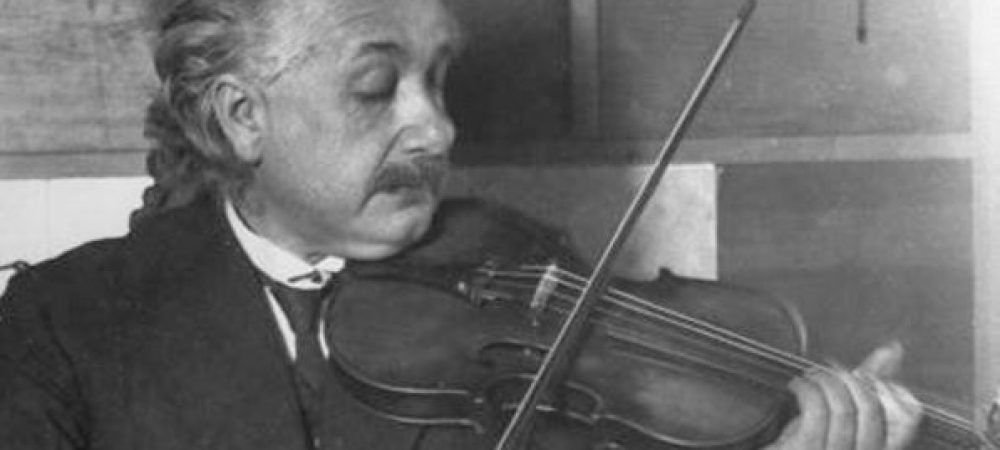
https://www.steinerwaldorf.org/roots-and-renewal-national-conference-review/
Among the resources on Rudolf Steiner’s theory and the Waldorf method, I found particularly interesting the article dealing with the present implications of the Covid19 spread, written by Martyn Rawson. The article clearly shows how Steiner’s education can still be relevant in the 21th Century.
Beginning with an analysis of the meaning of learning, that the writer describes as a process in which both the physical body and the spiritual one are engaged in the process of establishing relationship to self, others, and the world, Rawson considers the implication of a learning journey from the Waldorf perspective. Major points underline the emotional aspects of the student’s wellbeing when attending and participating in a lesson, those also involve a fruitful collaboration among the group of peers. At times of Covid19 the daily routine is forced to be adapted to online tuitions, where empathy and a sense of unity can be strongly affected. Therefore, the Waldorf method suggests a rhythmic approach, that involves a multitude of online activities between student and teacher, as well as between the classroom of alumni. Physical exercise is recommended together with artistic activities such as singing, reciting a poem, and so on. The timetable follows a daily schedule.
Teachers should structure the lesson in a flexible way, giving the student a chance to align with the learning offer, following both an authentic interest in the subject, and a good level of physical energy. Clear information on marking criteria, guidelines, a list of useful and not expensive materials, should be provided.
Rawson concludes: “Obviously online learning and homeschooling are missing key elements such as learning from someone – the teachers, learning through being in a learning group, rich direct experience and being attuned to learning. Nevertheless, it will support the learning under these special conditions if teachers remember the basic principles of Waldorf learning.”

Link to video: https://youtu.be/Bw4Rt9gU5tg
Resources:
